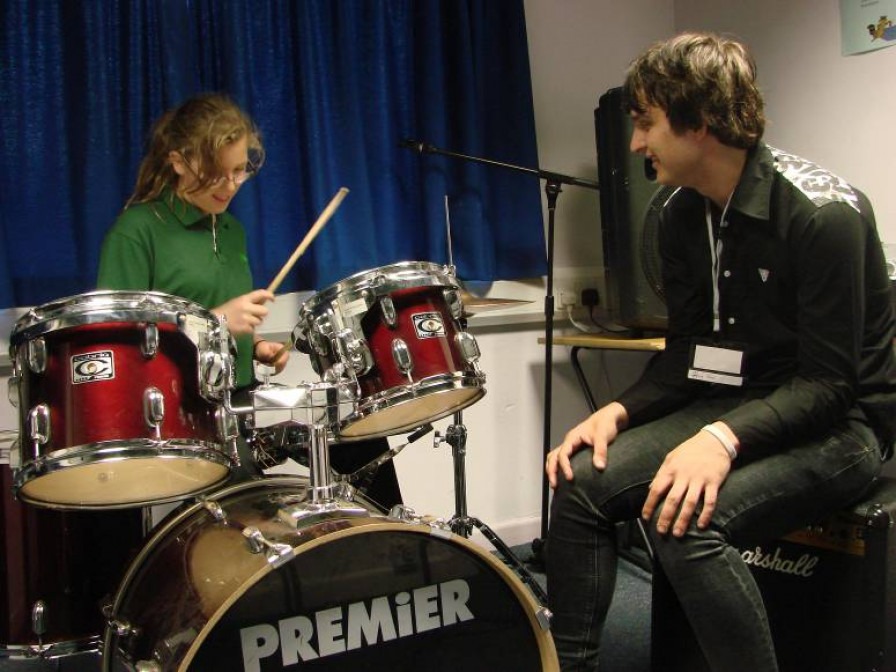How to find work as a music leader.

As a provider of career advice and guidance for music education professionals one of the most popular questions people ask me is "how do I find work?". In this blog I 'll provide some top tips for how you go about finding employment opportunities, who should you talk to, and how to make yourself stand out from the crowd.
Employed or Self Employed?
If the answer is self-employed then you my Next Steps blog will probably be of more use. However there's no reason why you can't be both. Job seekers read on.
GET NETWORKED
Being well networked is the best way to hear about work opportunities. Here’s how to get connected locally:
1. Create a Youth Music Network Profile
This provides somewhere that people can go to read more about you and your work. Once it’s created make sure it has a picture of you and that you have included all of the information an employer would need. http://network.youthmusic.org.uk/
2. Attend training
Training is one of the best ways to meet and connect with your peers and/or potential employers. Demonstrating that you take your CPD (continuous professional development) seriously may make you more attractive to employers. Browse training events in your area.
3. Get to know your local area
Contact local music, charity and educational organisations and ask to be sent their newsletters and bulletins. Browse organisations in your area.
4. Contact your local Arts Officer
Your local council should have an Arts Officer: get in touch and ask for their details. Let them know who you are and ask to be included in any bulletins or newsletters as they often advertise jobs.
5. Prepare an ‘elevator pitch’
Imagine you meet a prospective employer in a lift, and you have just 15 seconds to sell yourself. Have a clear introduction prepared which tells people about your background, your areas of interest and your professional ambitions. A well-rehearsed pitch means that when you are asked what you do and you are nervous, you will be able to make the most of the opportunity.
A typical elevator pitch would be something like:
“My name is Joe Bloggs, my background is that I was a professional musician in contemporary popular music. I have a BA Hons in Music and have recently moved to this area. I am interested in using my skills to work with young people, particularly those that are disengaged and in danger of offending”
More tips on crafting the perfect elevator pitch.
6. Be prepared
Have your contact details with you ready to hand out at all times. Business cards are best.
7. Join social networks
Facebook Creating a new account that is purely for work is a good idea especially when working with young people.
Linked In Linked in is basically Facebook for professionals. You can upload your CV, make links with people you’ve met, ask your connections to introduce you to new people, and keep track of organisations you’d like to work for.
Twitter Join in conversations about local and current topics and keep yourself in people’s minds. Unlike Facebook, Twitter is a good place to chat to people you don’t already know and to make new contacts.
Where can I find work?
1. Job adverts
You can find jobs and volunteering positions advertised on the Youth Music Network: browse all current job adverts.
These sites are also useful places to look:
- uk.music-jobs.com
- www.musicjobsuk.co.uk
- www.creative-choices.co.uk
- www.tes.co.uk/jobs
- www.artsjobfinder.co.uk
2. Volunteering
Work experience is most likely to be available to those that the host organisation already knows. Participating in events and getting to know people who work in organisations you admire improves your chances considerably.
I hope the above is useful food for thought. I would love to hear any further suggestions or advice people might have. Please add you comments below!
